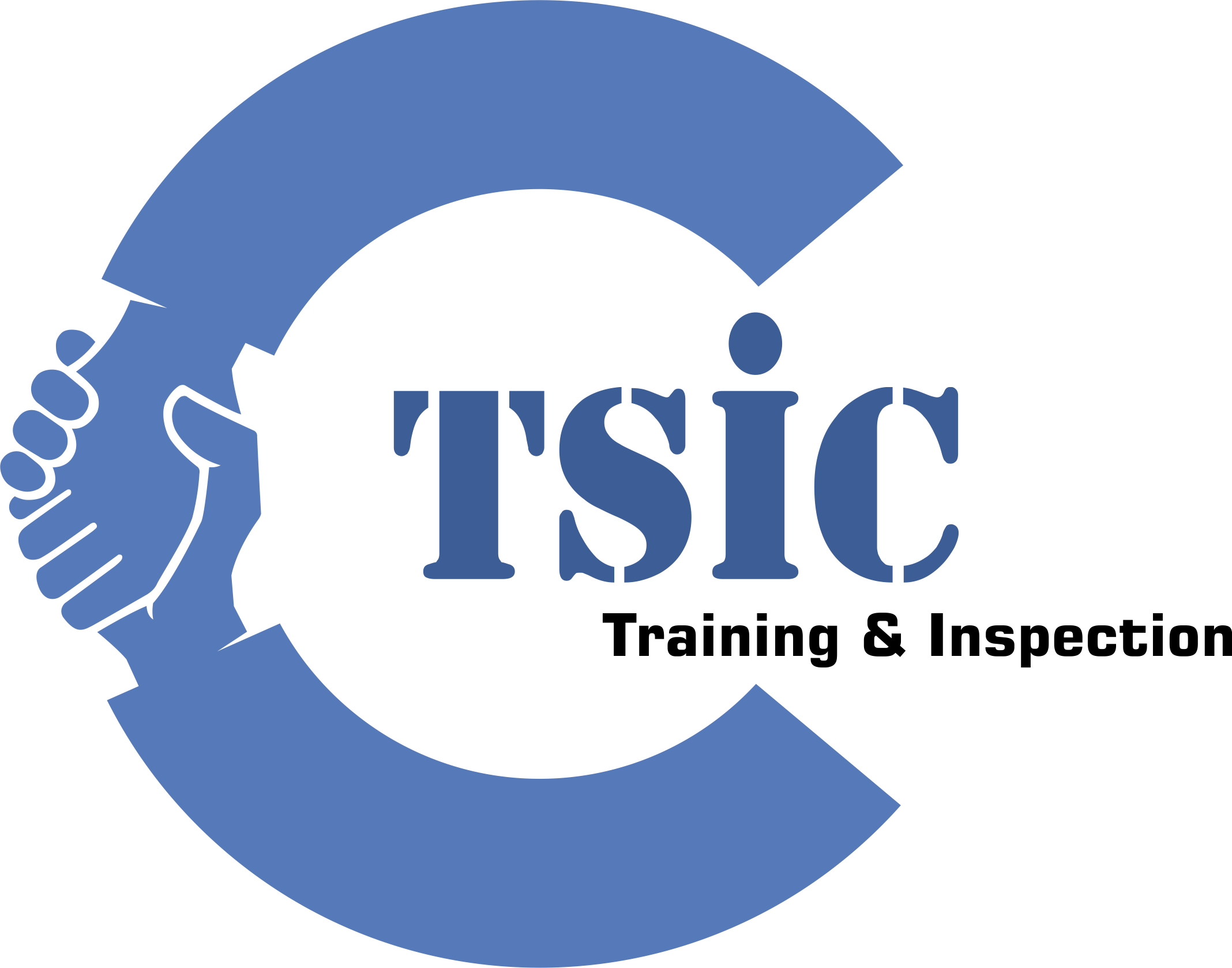Understanding the Testosterone Mode of Action
Testosterone, a crucial hormone in both males and females, plays a significant role in various physiological processes. Understanding its mode of action is essential for grasping how it influences health and well-being.
What is Testosterone?
Testosterone is a steroid hormone primarily produced in the testes in males and the ovaries and adrenal glands in females. It is integral to numerous bodily functions, including:
- Development of male reproductive tissues
- Promotion of secondary sexual characteristics
- Regulation of libido and sexual function
- Influence on muscle and bone mass
- Impact on mood and energy levels
The Mode of Action of Testosterone
The testosterone mode of action involves several key processes within the body:
1. Binding to Androgen Receptors
Once released into the bloodstream, testosterone binds to specific proteins called androgen receptors (ARs). This binding initiates a cascade of biological effects, influencing gene expression and https://testosteronepharmacycle.com/products/suspension-100-dragon-pharma/ protein synthesis.
2. Intracellular Signaling
After binding to ARs, testosterone-receptor complexes translocate into the cell nucleus, where they interact with DNA. This interaction results in:
- Increased production of proteins that promote muscle growth
- Enhancement of erythropoiesis (red blood cell production)
- Regulation of enzymes involved in fat metabolism
3. Impact on Neurotransmitters
Testosterone also affects neurotransmitter systems in the brain, leading to changes in:
- Mood regulation
- Cognitive functions
- Sexual behavior
Factors Influencing Testosterone Levels
Various factors can impact testosterone levels, including:
- Aging: Testosterone levels naturally decline with age.
- Diet: Nutritional deficiencies can lead to lower testosterone levels.
- Exercise: Regular physical activity can help maintain healthy testosterone levels.
- Stress: Chronic stress may negatively affect hormone production.
- Medical conditions: Diseases such as obesity or diabetes can disrupt hormonal balance.
FAQs About Testosterone
What are the symptoms of low testosterone?
Symptoms may include:
- Fatigue
- Depressed mood
- Reduced libido
- Decreased muscle mass
- Increased body fat
How can testosterone levels be increased?
Common methods include:
- Regular exercise
- A balanced diet rich in healthy fats and proteins
- Managing stress through relaxation techniques
- Consulting a healthcare provider for potential hormone therapy
Is testosterone replacement therapy safe?
While testosterone replacement therapy can be beneficial for some individuals, it should only be undertaken under medical supervision due to potential risks and side effects.
Conclusion
Understanding the testosterone mode of action provides valuable insights into its vital role in health and wellness. By recognizing how it functions within the body, individuals can take informed steps to maintain their hormonal balance and overall vitality.
